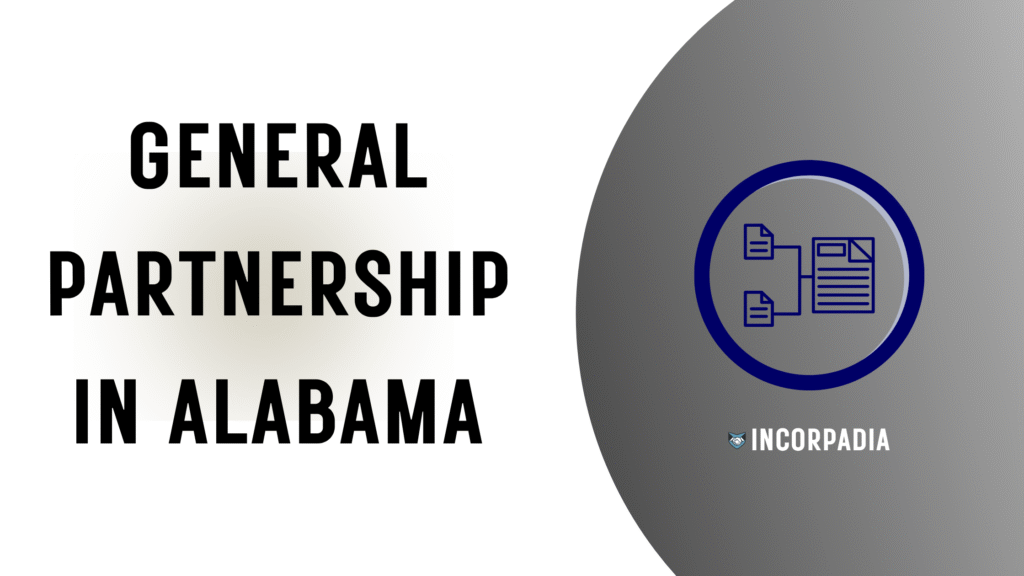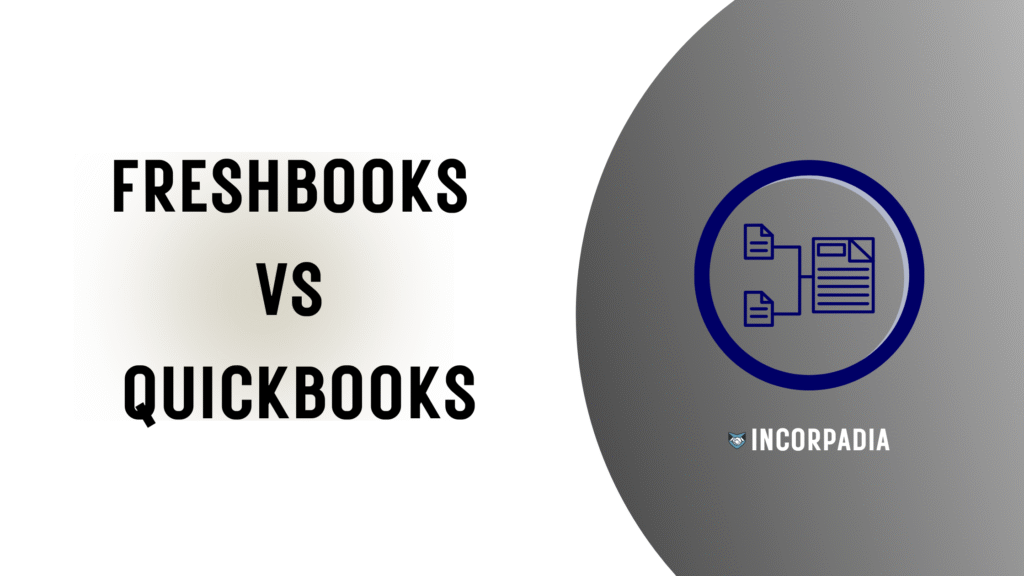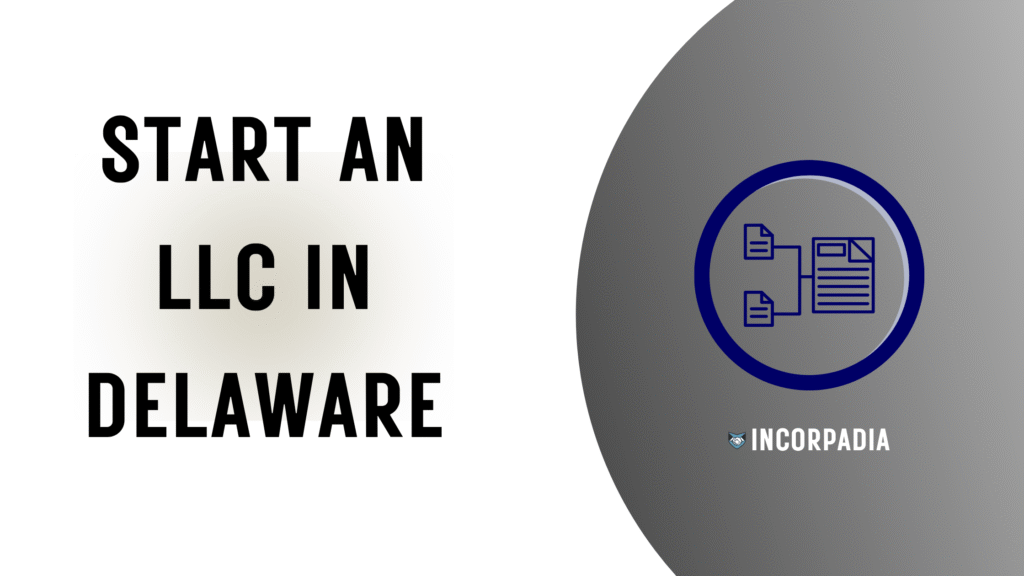Starting a business is an exciting step, but choosing the right structure for that business is equally important. One of the simplest and most flexible options for business owners is forming a General Partnership. In Alabama, as in many other states, this type of partnership allows two or more individuals to share in the management and operations of a business. Whether you’re planning to start a consulting firm, a small retail operation, or any other kind of business, a General Partnership could be the right fit for you.
In this guide, we will walk you through each step necessary to create a General Partnership in Alabama. We’ll also highlight important considerations, provide an example, and discuss the advantages of this business structure. By the end of this article, you’ll have a solid understanding of how to set up and manage a General Partnership in Alabama, and why it might be the right choice for your business.
What is a General Partnership in Alabama?
A General Partnership is a type of business entity where two or more people agree to share ownership, management, profits, and liabilities. The key aspects of a General Partnership include:
- Shared Responsibilities: All partners actively participate in managing the business unless agreed otherwise in the partnership agreement.
- Shared Profits and Losses: Partners typically share profits and losses in proportion to their agreement, which may or may not be equal.
- Joint Liability: In a General Partnership, all partners are personally responsible for the business’s debts and liabilities. This is one of the main differences between a General Partnership and other types of business structures like Limited Liability Companies (LLCs), where members are protected from personal liability.
This structure is favored by many small business owners because of its flexibility and simplicity. It’s relatively easy to set up, doesn’t require a lot of formal paperwork, and doesn’t involve the same level of complexity as corporations. However, the fact that partners share joint liability means it’s essential to choose your partners carefully and maintain a clear partnership agreement.
How to Create a General Partnership in Alabama
While setting up a General Partnership in Alabama is a straightforward process, there are several essential steps that you’ll need to follow. This guide will walk you through each of these steps in detail.
Step 1: Choose a Business Name in Alabama
The first step in creating any business is choosing a name that reflects your services or products. Your business name will be one of the first things that customers and clients notice, so it’s important to choose something memorable, professional, and relevant to your business. In Alabama, a General Partnership does not require you to file with the Secretary of State unless you are using a business name that differs from the legal names of the partners.
If you plan to use a name other than your own names, you will need to file a Doing Business As (DBA) name with the state. This is sometimes called a trade name or fictitious name. Filing a DBA ensures that your business name is legally recognized and prevents other businesses from using the same name.
To check if your desired name is available, you can use the Alabama Secretary of State’s online business name search tool. This tool will let you see if there are any other businesses with a name that is the same or similar to your desired business name. If your name is available, you can file the DBA registration form, which typically costs a small fee.
Step 2: Draft a Partnership Agreement
Although not required by law in Alabama, a partnership agreement is an essential document for any General Partnership. This agreement outlines the rules and responsibilities of each partner and helps prevent misunderstandings down the road. Without a partnership agreement, state laws will apply, and they may not reflect your preferences or intentions.
The partnership agreement should cover the following key areas:
- Partner Roles and Responsibilities: Clearly define each partner’s role in the business and the tasks they will be responsible for. For example, one partner might handle day-to-day operations, while another might focus on marketing or finance.
- Profit and Loss Distribution: Specify how the profits and losses will be divided among the partners. In many cases, profits and losses are split equally, but the division can be based on the partners’ contributions to the business.
- Decision-Making Process: Outline how decisions will be made. Will they require a majority vote? Will certain decisions need unanimous consent? This is an important aspect to clarify upfront.
- Dispute Resolution: Establish methods for resolving disagreements between partners. This might include mediation, arbitration, or legal action if necessary.
- Exit Strategy: It’s also important to plan for the future in case a partner wants to leave the business. The agreement should outline what happens if a partner exits or if the business is dissolved, such as how assets will be divided.
While you can create a partnership agreement on your own, it’s often best to consult with an attorney to ensure that all key legal considerations are covered.
Step 3: Obtain an Employer Identification Number (EIN)
An Employer Identification Number (EIN), also known as a federal tax identification number, is required for your business to operate legally. You’ll need an EIN for a variety of purposes, including:
- Filing taxes with the IRS
- Opening a business bank account
- Hiring employees
Fortunately, applying for an EIN is a simple and free process. You can apply directly through the IRS website and typically receive your EIN within minutes after completing the application.
Even if your business doesn’t have employees, obtaining an EIN is still a good idea to separate your personal and business finances.
Step 4: Apply for Necessary Licenses and Permits
In Alabama, certain businesses require licenses and permits depending on the nature of their activities and the local regulations. These licenses could be at the federal, state, or local level. The types of licenses you might need include:
- Business Privilege License: This license is required for most businesses operating in Alabama. You can obtain this license from the Alabama Department of Revenue. It’s important to apply for this license before beginning operations.
- Local Business Licenses: In addition to the state-level business privilege license, you may need a local business license or permit depending on your city or county. For example, businesses located in Birmingham or Mobile may have different requirements.
- Health and Safety Permits: If you’re operating a food-related business, you may need health permits from the Alabama Department of Public Health.
- Zoning Permits: If you plan to operate a business from a physical location, you may need to ensure that the location complies with local zoning laws.
Make sure you check with both the state and local government to determine which permits and licenses apply to your specific business.
Step 5: Register for State Taxes
If your business has employees or sells taxable goods or services, you’ll need to register for Alabama state taxes. This includes sales tax, income tax withholding, and unemployment insurance tax. The Alabama Department of Revenue handles tax registrations and provides a clear step-by-step process for getting set up.
You can register online through the Alabama Department of Revenue’s website. It’s important to keep track of any ongoing tax filings and payments to avoid penalties.
Step 6: Open a Business Bank Account
Opening a separate business bank account is an essential step to maintaining clear financial records and protecting your personal assets. Having a business account allows you to:
- Keep personal and business finances separate.
- Build credibility with clients and suppliers.
- Keep better track of business income and expenses, which is important for taxes.
To open a business account, you’ll need your EIN, a copy of your partnership agreement, and proof of business registration (if applicable). Some banks may also require a DBA registration if you’re using a name other than the partners’ legal names.
Example of a General Partnership in Alabama
Let’s consider a hypothetical example of a General Partnership in Alabama to better understand the process.
Example: “Taylor & Green Landscaping”
Sarah Taylor and Mike Green, two professional landscapers, decided to start a landscaping business in Huntsville, Alabama. They formed a General Partnership called “Taylor & Green Landscaping.”
- Business Name: Sarah and Mike chose the name “Taylor & Green Landscaping” and registered a DBA with the state.
- Partnership Agreement: They drafted a partnership agreement that detailed their responsibilities, including Sarah handling operations and Mike managing client relationships. They also agreed to split profits and losses equally, with decisions requiring a majority vote.
- EIN: Sarah applied for an EIN through the IRS website.
- Licenses and Permits: They obtained a Business Privilege License and checked with the local city council to ensure they were compliant with zoning laws.
- Bank Account: They opened a business checking account at their local bank.
By following these steps, Sarah and Mike successfully launched their landscaping business in Alabama.
Important Information
Maintaining Business Licenses in Alabama
After your business is established, it’s crucial to stay compliant with any licenses or permits. Keep track of renewal dates and ensure that you are up-to-date with any required filings. It’s also a good idea to regularly check for any new regulations that may apply to your business.
Paying Your Taxes in Alabama
As a General Partnership, your business itself doesn’t pay income taxes. Instead, profits and losses are passed through to the individual partners, who report them on their personal tax returns. However, depending on your business activities, you may need to file sales tax or employment taxes.
It’s recommended that you consult a tax professional to ensure you’re meeting all state and federal tax obligations.
Advantages of a General Partnership in Alabama
- Simplicity: Setting up a General Partnership is much easier and less expensive than other business structures like corporations or LLCs. There’s less paperwork and no need for formal registration unless you’re filing a DBA.
- Flexibility: Partners have the flexibility to structure the business and share responsibilities in whatever way works best for them.
- Pass-Through Taxation: A General Partnership allows income to pass through to the individual partners, meaning the business itself doesn’t pay taxes. This avoids the double taxation that can occur in corporations.
- Shared Responsibility: Partners can divide work according to their strengths and expertise, creating a more efficient business model.
FAQs
Do I need to register my General Partnership with the Alabama Secretary of State?
No, Alabama does not require formal registration for General Partnerships. However, if you’re using a business name that isn’t the legal name of the partners, you’ll need to file a DBA.
Can a General Partnership have more than two partners?
Yes, a General Partnership can have any number of partners.
Are partners personally liable for business debts?
Yes, in a General Partnership, all partners are personally liable for business debts and obligations.
Is a written partnership agreement mandatory?
While it’s not legally required, having a written partnership agreement is highly recommended to avoid conflicts.
How do I dissolve a General Partnership in Alabama?
If you wish to dissolve the partnership, you should follow the process outlined in your partnership agreement. You may need to file a Statement of Dissolution with the Alabama Secretary of State if you have registered a DBA.







